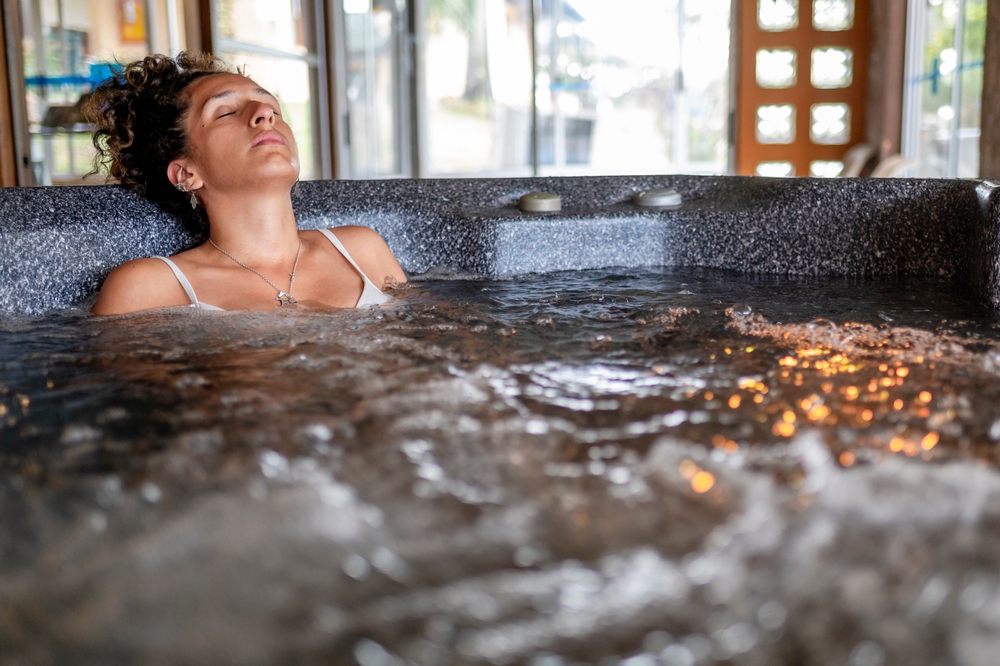
"Hot tubs, which are also known as spas or jacuzzis, use heated water (typically between 100-104°F) combined with jets to create a therapeutic environment. The combination of warm water immersion and massaging jets helps relax your muscles and joints. It is believed that by raising core body temperatures, soaking in hot water can help lower blood pressure, stimulate the immune system and, over time, improve the body's response to heat stress. Moreover, those effects can last beyond the minutes spent directly in heat treatment."
"The study looked at 10 men and 10 women who exercised regularly and ranged in age from 20 to 28 years old. The goal was to isolate the physiological responses to each heating method in a young, healthy population. They saw that hot water immersion was the most impactful in increasing core body temperature. Increasing body temperature causes an increase in blood flow, and just the force of blood moving across your vessels is beneficial for your vascular health."
Hot tubs use heated water (typically 100–104°F) and massaging jets to relax muscles and joints while raising core body temperature. Ten men and ten women aged 20–28 who exercised regularly were evaluated under hot tub, traditional dry sauna, and far-infrared sauna conditions. Hot water immersion produced the largest increases in core temperature because submerged bodies cannot dissipate heat effectively through sweating. Increased core temperature elevates blood flow, which benefits vascular health. Heat exposure from hot water immersion can also lower blood pressure, stimulate the immune system, and improve the body's response to heat stress, with effects that persist beyond the immersion period.
Read at Alternative Medicine Magazine
Unable to calculate read time
Collection
[
|
...
]